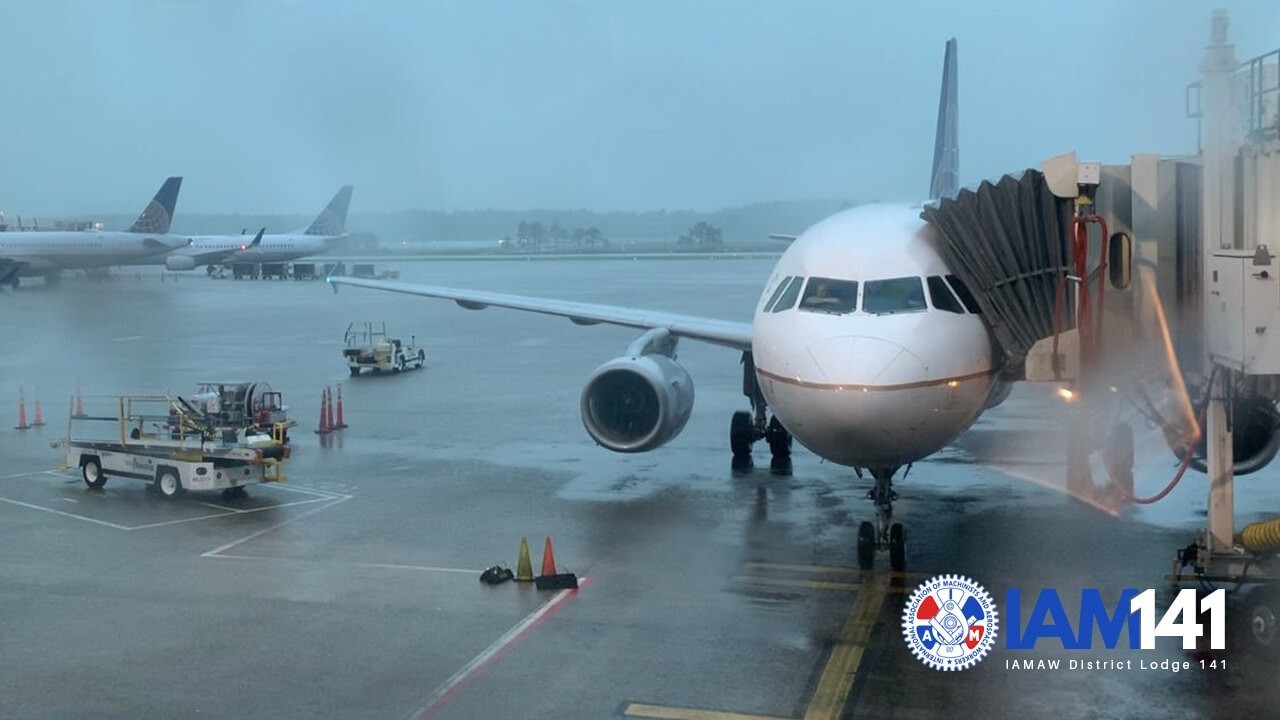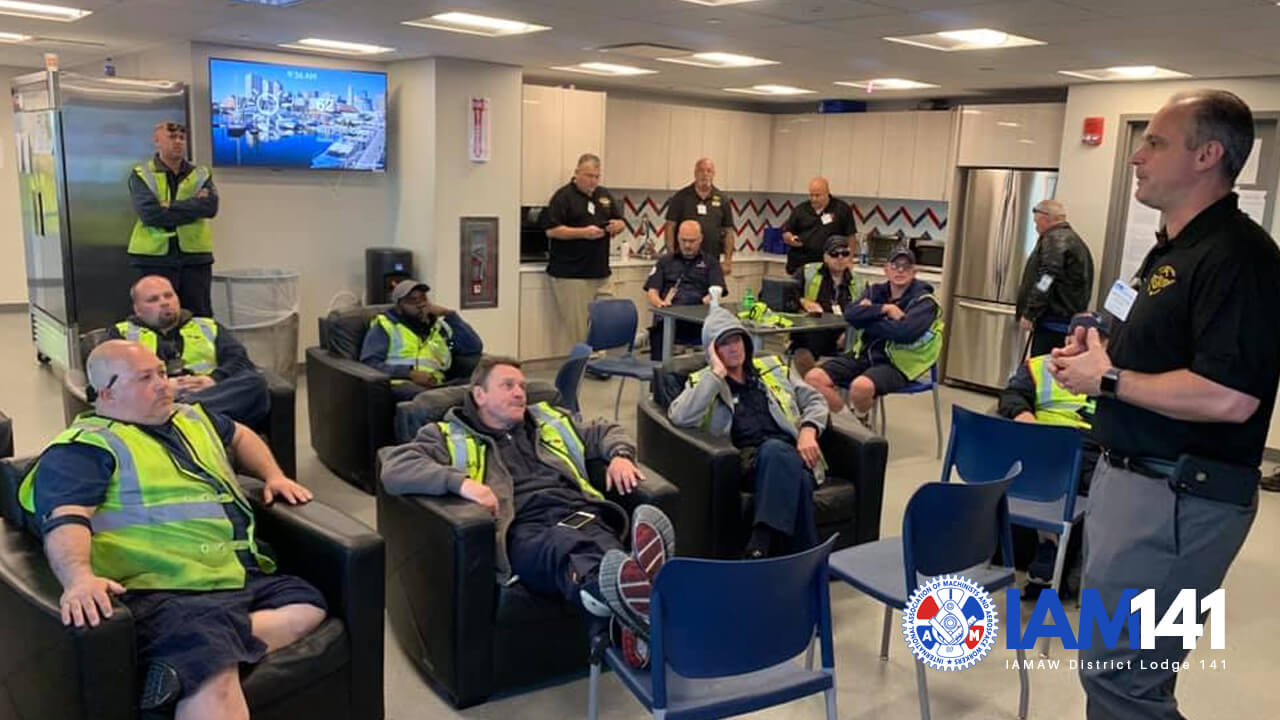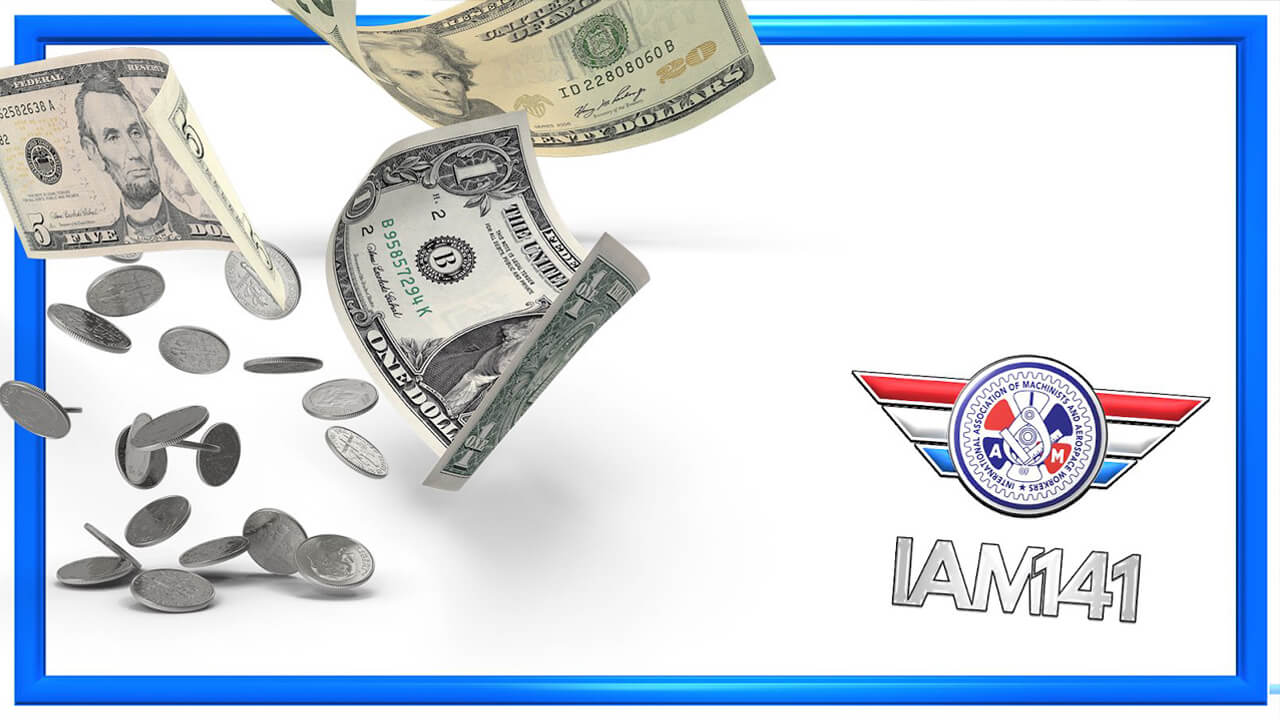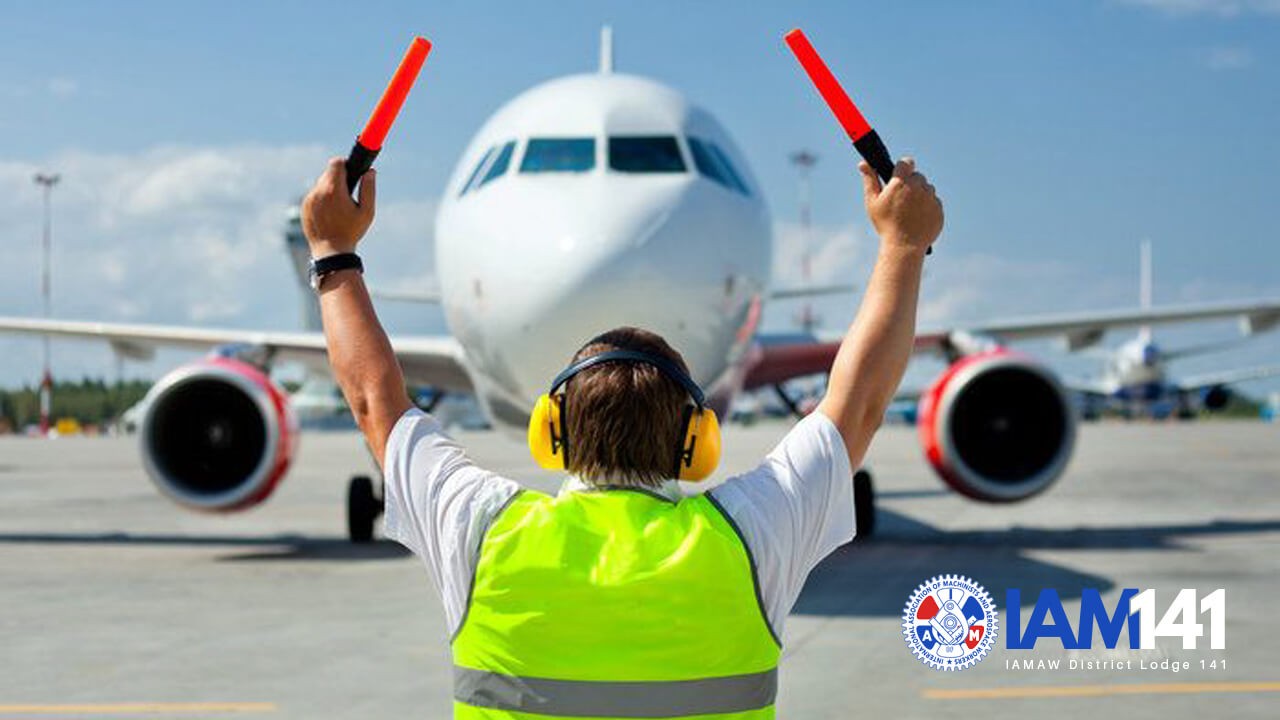
by Eric Price | Sep 20, 2019 | Airlines, American, Departments, Hawaiian, Home, Philippine, Safety, Spirit, United
Flash flooding from Tropical Storm Imelda hammered the Houston area this week, causing over 900 flight delays and cancellations at Bush Intercontinental Airport (IAH). The historic storm stranded thousands of passengers and employees for hours. Airport officials...

by Eric Price | Sep 19, 2019 | Airlines, American, Hawaiian, Home, Philippine, Spirit, United
With the potential for three simultaneous contract negotiations becoming more likely, the President of District 141 of the International Association of Machinists and Aerospace Workers is working to stay connected with front-line workers. For anyone leading an...

by Eric Price | Sep 12, 2019 | Airlines, American, Departments, Featured, Hawaiian, Home, Organizing, Philippine, Spirit, United
Wait, what? High wages are great, but there’s a lot more that goes into a union paycheck. If you’re a member of the largest airline union in the world (the IAMAW), you are better compensated than anyone else who does the same work as you. That fact remains true...
by Eric Price | Sep 12, 2019 | Airlines, American, Departments, Featured, Hawaiian, Home, Philippine, Safety, Spirit, United, Video
The 2019 IAM Joint Air Transport Safety Committee Conference was held at the William Winpisinger Education Center in Hollywood, Maryland. IAM safety advocates from District 140, District 141 and District 142 were joined by management safety officials from companies...

by Eric Price | Aug 21, 2019 | Airlines, American, Departments, Hawaiian, Home, Philippine, Safety, Spirit, United
The summer weather brings many challenges for airline workers, with specific risks for those who work outside. Intense sun, heat, humidity, heavy rain, and lightning storms are just some hazards that must be considered and respected to protect their own, their...





